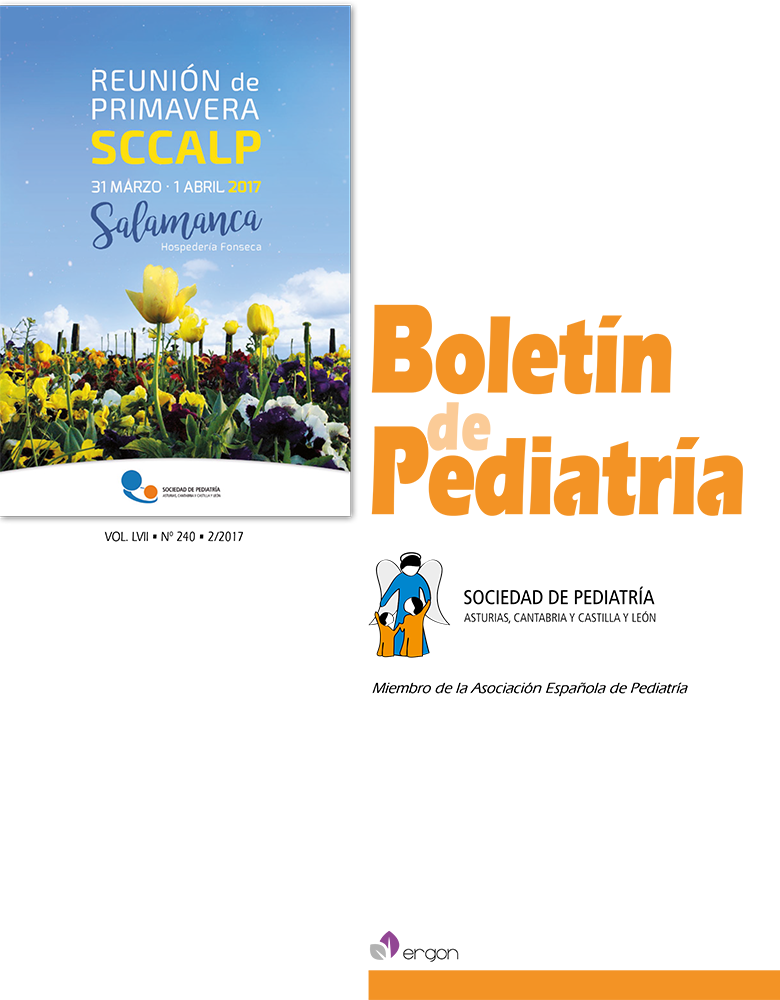Abstract
Most metabolic diseases are due to an enzymatic deficiency in one of the numerous metabolic pathways derived from carbohydrates, proteins or fatty acids, or from intracellular trafficking. They manifest at any time in life, especially in the neonatal period, but they can also do so in childhood or adulthood. Although not yet sufficiently diagnosed, in recent years the field of inborn errors of metabolism (EIM) has evolved from what constituted a limited group of rare, unknown and often fatal diseases to a series of serious but treatable diseases. Given the diversity and low frequency of each of the EIM, their followup is usually done in reference centers, but in all other levels of care should be able to initiate research and / or treatments before referring the patient. Those responsible for the care of patients affected by an EIM must know the basic characteristics of each disease, the permitted and forbidden food, the possible complications and how to act in the face of acute decompensation to which they should ideally anticipate.

This work is licensed under a Creative Commons Attribution-NonCommercial 4.0 International License.
Copyright (c) 2017 Boletín de Pediatría
